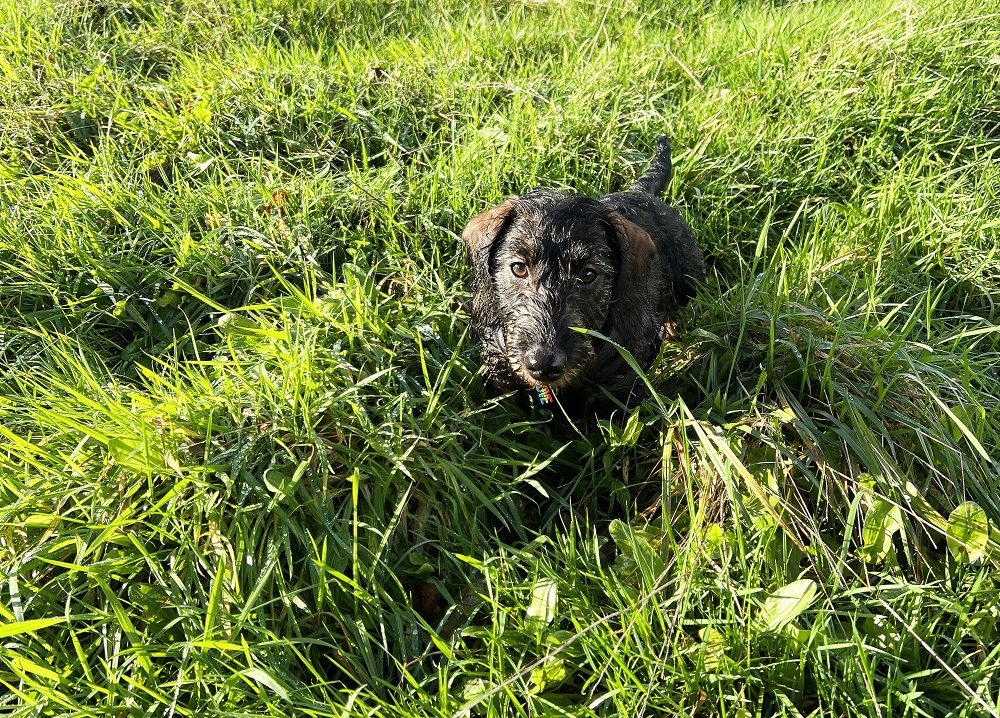No Mow May
No Mow May is a conservation movement which encourages people not to mow their lawns in May so that spring plants get a chance to set seed before the first cutting to allow for a lawn with more diverse plant species. This means there are more wild plants for bees, butterflies and other insects, helping to maintain their populations.
Ticks
May is nearly over and so if you have not already taken part, you have just over a week to lock away your lawn mower, however, there is another thing that needs to be considered in the summer months, especially in long grass: Ticks. Ticks are a well-known pest among dog and cat owners, they are small, spider-like parasites that suck blood from other animals, including our precious pets. Whilst many know of ticks, not everybody knows the effects ticks can cause for animals. Lyme disease is a serious bacterial infection that ticks can give to animals after feeding on them. The symptoms can include, depression, loss of appetite, fever, lameness, swollen and painful joints, swollen lymph nodes and lethargy. As you can tell this is a horrible disease and it can be caught by humans too! If you think your pet or you have caught Lyme disease contact a vet or a GP as soon as you notice symptoms.
The summer is when you need to be even more careful with your pets and ticks. With your pets spending more time outside and the weather being the perfect climate for ticks, you need to make sure you are treating your pets for ticks as regularly as your vet advises. Long grass is a common place ticks might be found and so if you are participating in No Mow May, bear that in mind.
Don’t Be Discouraged!
We are absolutely not trying to discourage anyone from partaking in such a wonderful conservation movement. It is a fantastic thing to do for the environment and wildlife. We are just asking that you take care to protect your pets along side taking part in such an amazing event.
Before a Holiday
Most importantly do make sure you treat your pets for ticks before bringing them on holiday to prevent other dogs they interact with, either through direct or indirect contact, from being infected. Thank you for your thoughtfulness and consideration.


